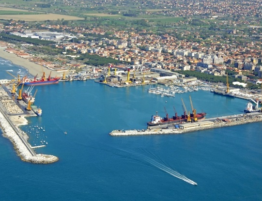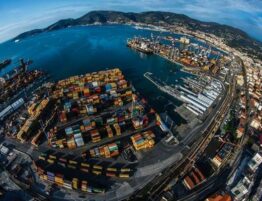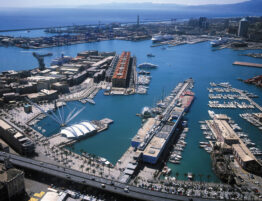
The recent Italian stability law has finally solved the longstanding problem of whether port terminals are classifiable under the E/1 cadastral category, providing that as of 1st January 2020 they will fall under this category.
Therefore, from that date, port terminals will no longer be subject to the payment of IMU (the Italian property tax). However, the law does not mention the issue of whether the tax is due up to 2020.
A positive outcome would seem possible at least for the terminal operators who are concessionaires of areas or docks of the Free Port of Trieste.
A judgment that has recently become final and that was rendered by the Regional Tax Court of Friuli Venezia Giulia in a dispute handled by the Firm has indeed stated that the special legal regime to which the aforementioned areas are subject should prevent the Municipality from requesting the payment of IMU.
In the judgment under review, it is reiterated that the Free Zones of the Port of Trieste are governed by provisions contained in Annex VIII to the 1947 Paris Peace Treaty and by the subsequent implementing regulations. Given their international rank, these provisions are destined to override conflicting national rules, even if they are issued at a later date. Based on the above, the Court observed that “this special legislation guarantees the Port of Trieste exemption from customs duties, taxes or other charges with the exception of the payment of rights that represent the consideration of the services actually provided. The tax in question is not related to any service rendered by the Municipality, with the consequence that its payment against the simple provision by the Port Authority and not by the Municipality of warehouses that are instrumental to the handling of goods in the Free Port, amounts to imposing a tax burden on the goods in transit through these warehouses, thus in breach of the special legislation referred to”.
Given that the Municipality of Trieste has not challenged the aforesaid judgment, which − as mentioned − has recently become final, it cannot be ruled out that the reasons for the acquiescence to the aforementioned significant legal principles might be that the Municipality shares them too.
(Massimo Campailla – massimo.campailla@studiozunarelli.com – 0039 (0)51 2750020)






